Diarrhea is described by the movement of stools that are loose and watery. Diarrhea is a common condition and is usually not serious. Many people have diarrhea once or twice a year. It usually lasts two to three days and can be treated with a proper diet and some medicine.
Only in some cases, do people need health care because diarrhea can quickly deplete the body's reserves of water and salts from the tissues that need them to function properly. Many young, old and sick people may have difficulty with the recovery of these lost fluids. Diarrhea that lasts for several weeks or contains blood can indicate serious illness. In these cases, you should contact your doctor.
The most common cause of diarrhea is a virus that infects the gut. The infection usually lasts two days and is sometimes called "intestinal flu. " Diarrhea can be caused by:
• Infection by bacteria (the cause of most types of food poisoning)
• Infections by other organisms
• Eating foods that upset the digestive system
• Allergies to certain foods
• Medications
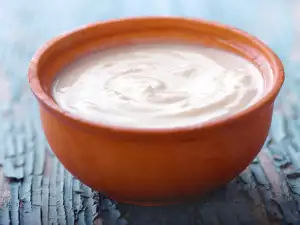
• Radiation therapy
What to eat after diarrhea?
• Drink fluids more often than usual. Increase your intake from 2 to 3 liters per day, as tolerated, or try to drink fluids in small amounts throughout the day. Choose fruit juices, soup or sodas (without caffeine). Chicken broth (with no fat ), tea with honey, and sports drinks are also good choices. Instead of drinking liquids with your meals, drink liquids between meals.
• Avoid eating solid foods until the diarrhea ends. Once it improves, you can start eating solid foods in small quantities.
• Try these low- fiber foods: yogurt, rice, noodles, grape juice, ripe bananas, apple sauce, peanut butter, white bread, chicken or turkey without the skin, beef, fish, cottage cheese and cream cheese.
• Avoid fatty, greasy or fried foods, raw vegetables and fruits, strong spices and whole grains and bread.
• Limit your intake of foods and beverages with caffeine, such as chocolate, coffee, strong tea, and some sodas.
• If you have cramping during the diarrhea, avoid gas - forming foods and drinks, such as beans, cabbage, beer and soft drinks.
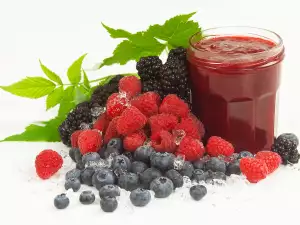
• If you are taking antibiotics, add yogurt with active cultures to your diet.
• Dried cranberries have a long history in the treatment of diarrhea. Recommended is the chewing of dried cranberries or tea from crushed dried cranberries (boil for about ten minutes).
The helpfulness of blueberries for diarrhea appears to be due to the fact that they contain tannins, which act astringent and reduce the inflammation and fluid secretion of mucous membranes.
Blueberries contain substances that have antibacterial properties and are a good source of antioxidants and last but not least, berries are a source of soluble pectin.
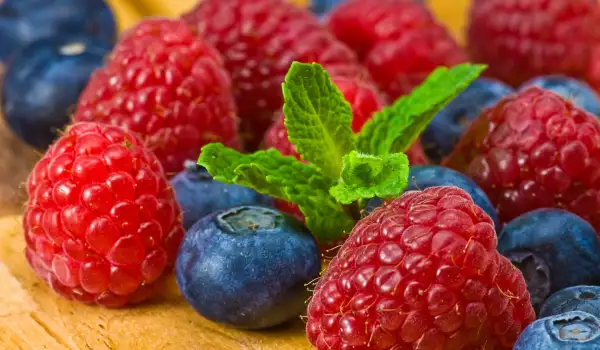


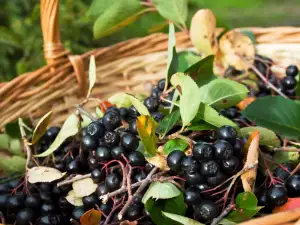
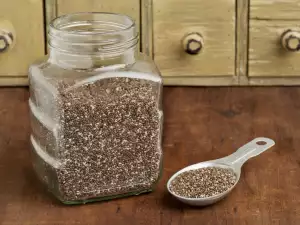















Comments